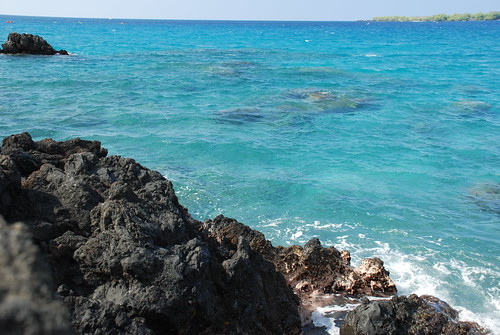
MS drug Tysabri may promote brain infection-study

|
||||
|
Tuesday, December 23, 2008
More snow coming!
Holy smokes! I could have a white christmas! That never happens! 20 to 30cms is coming tonight and tomorrow!

MS drug Tysabri may promote brain infection-study
Eek. This is not something I wanted to see. Taking drug holidays is something new to my thinking but my doctor mentioned it the other day when I was at the clinic. Interesting. What a balance that would entail. "The popular multiple sclerosis drug Tysabri appears to promote a rare brain infection by suppressing immune system cells in the brain, researchers said on Tuesday. The researchers, who conducted an autopsy on an MS patient who died while taking the drug, said it may be possible to make the drug safer by giving patients treatment "holidays" from time to time to allow the brain's immune protection to recover. Tysabri, known generically as natalizumab and made by Biogen Idec Inc (BIIB.O) and Elan Corp (ELN.I)(ELN.N) of Ireland, can cause a serious brain infection called progressive multifocal leukoencephalopathy or PML. It was pulled off the market soon after being introduced in 2004, but sold again beginning in 2006 because there were few good options for patients with MS. On Monday Biogen reported the fourth case of PML this year -- in a European patient who had been taking Tysabri exclusively for 26 months. "Whether or not treatments other than prolonged, uninterrupted dosing may benefit patients with MS should be tested in controlled clinical trials," Dr. Olaf Stuve, a neurologist at the University of Texas Southwestern Medical School in Dallas, said in a statement. Tysabri's package insert label cautions that patients taking the drug have a 1-in-1,000 risk of developing PML. Writing in the Archives of Neurology, Stuve and colleagues said they found significantly fewer immune cells called CD4 T cells in and around the patient's blood vessels in the brain. "Natalizumab is very effective in keeping pro-inflammatory cells out of the brain to reduce damage from MS," Stuve said in a statement. But by doing so it may promote infection in some people. Stuve said doctors should look for biomarkers -- easily tested indicators -- in people who may be developing the syndrome so they may be taken off the drug. "It's a very effective drug, and it's clear that the vast majority of patients are greatly benefiting from its use," Stuve said. He said about 43,000 people had taken natalizumab since 2006."
Wednesday, December 17, 2008
It's snowing!
My favourite thing! When it snows here, we all don't know how to deal with it. Lots of folks work from home etc. but I drove in to work and love looking out my window to see it falling! I want to go skiing! Hey, with how well my health has been lately, I'm going to go skiing this year! It's been almost 10 years since I went skiing! I'll let you know how that goes :) And now, a little nice warm sunset from Kona while the snow coniues to fall!

Fingolimod (FTY720) news!
Well, here's the latest results from the Transforms clinical trial I started on and finished 6 months ago! Great news and it looks like all is moving forward with going to regulatory approvals. I'm still on the drug and still no relapses a year and half later! I went for my latest check in yesterday and all is the same. I did get to see my white blood cell count which was finally unblinded to me now that I'm on the extention phase of the trial. I'm certainly lower than normal people so perhaps thats why I still haven't kicked this darn cold! "Initial results from the one-year Phase III TRANSFORMS study show the investigational oral compound FTY720 (fingolimod) has superior efficacy to a current standard of care for patients with relapsing-remitting multiple sclerosis (MS). Patients on oral FTY720 experienced significantly fewer relapses than those treated with the injectable medicine interferon beta-1a (Avonex®*)[1]. The study, the first one-year head-to-head Phase III trial against a standard of care in MS, met its primary endpoint for both doses of FTY720. The annualized relapse rate at one year for patients given FTY720 0.5 mg was 0.16, representing a 52% reduction compared to a relapse rate of 0.33 for interferon beta-1a (p<0.001). The FTY720 1.25 mg dose also showed a significant reduction in relapses with a rate of 0.20 representing a 38% reduction against interferon beta-1a (p<0.001). No statistically significant difference was seen between the two FTY720 doses[1]. Comprehensive analyses of the TRANSFORMS study data are ongoing, and detailed results are planned to be presented at a leading scientific congress in 2009. Regulatory submissions remain on track to be completed in the US and EU at the end of 2009."
Friday, December 12, 2008
Home Sweet Home
First a couple pictures :) Here's my new BFF.  And the amazing ocean!  Great view from the suite.  Sadly I caught a wicked cold on the plane ride down and am still trying to kick it before Christmas is here. I'm pretty stunned at getting a cold like this one. I never have a cold for this long! What the heck is my immune system up to!?
|
||||